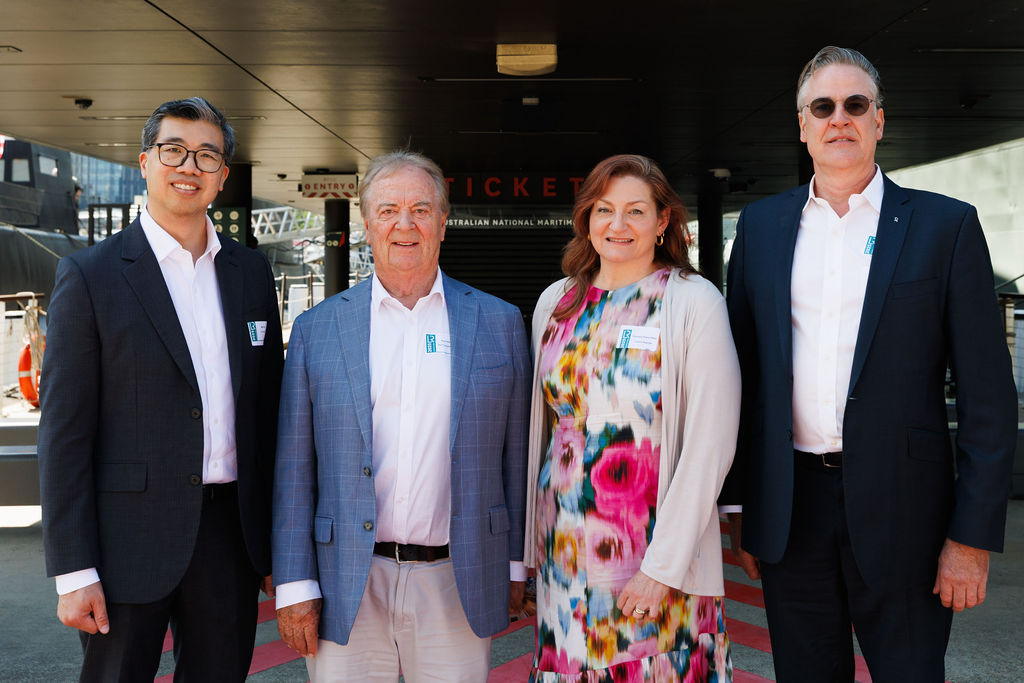AI Goes Nuke
Lloyd’s Register to use generative AI to advance the application of technology at sea in collaboration with Microsoft

UK-based classification society and professional advisory service Lloyd’s Register (LR) says it will become one of the first maritime organisations to use generative AI for permitting capabilities built upon Microsoft Azure OpenAI Service, to bridge the gap between terrestrial and maritime applications.
The capabilities are designed to enhance the regulatory process for nuclear technology and will be used by LR to advance the deployment of nuclear in maritime applications.
Azure’s generative AI capabilities work by analysing historic nuclear licensing data and allows licensing engineers to draft new permitting documents more quickly, ready for review and refinement. It can also quickly search for regulations, precedents, and other valuable information buried in large regulatory datasets.
LR says the technology enables a faster and more cost-effective pathway through regulation, which is essential for making nuclear a viable clean energy solution.
Mark Tipping, LR’s Global Offshore Power To X Director, who leads on nuclear technology, said: “We have a large data source from decades of regulatory applications which these AI capabilities can interrogate swiftly to identify good practice and lessons learned.
“Together, we’re tackling one of the biggest challenges in deploying nuclear technology, which is navigating complex, slow, and costly licensing processes.”
LR believes AI has the power to break through barriers and unlock the potential of nuclear across floating nuclear power, offshore, and ship power.
Tipping added: “Collaborating with Microsoft provides us with an excellent opportunity to combine two very different areas of expertise, their AI capabilities and our vast history and knowledge of maritime and nuclear safety.”
This collaboration has been driven by LR’s CTIO team. Deputy Chief Technology and Innovation Officer Jeff Scott, who played a key role in engaging with Microsoft to explore AI’s potential in maritime nuclear regulation, said: “Regulations shouldn’t be a roadblock to innovation—they should be a launchpad. By teaming up with Microsoft, we’re using AI to cut through the red tape and fast-track the future of nuclear in maritime. It’s an exciting step toward making clean energy a reality on the water.”
Darryl Willis, Microsoft CVP, Energy & Resources Industry, said: “This collaboration underscores our commitment to harnessing the power of AI to drive innovation and advance sustainability across sectors.
“By combining our AI expertise with Lloyd’s Register’s expertise in maritime and nuclear safety, we are paving the way to ease regulatory barriers and make sustainability more attainable for all industries.”
Meanwhile Queensland’s ship design group Seatransport and Houston-based Deployable Energy are collaborating with LR to develop nuclear power generation for different applications, including strategic response vessels in remote areas.
Using micro modular reactor (MMR) technology, two to five MMRs of 1MWe capacity each could power a 73-metre amphibious vessel, designed for emergency response and disaster relief duties in remote areas. This would enable the vessel to operate for 8-10 years without refuelling, and it could feed power into the shore grid of affected areas and whenever docked at port.
The concept was presented at LR’s recent Australia Advisory Committee Meeting with Remko Hottentot, LR Commercial Manager – Australasia, signing the agreement with the Australian parties.
get
in touch

Constructive Media
Constructive Media
Hornbeam Suite
Mamhilad House
Mamhilad Park Estate
Pontypool
NP4 0HZ
Tel: 01495 239 962
Email: ibia@constructivemedia.co.uk

On behalf of:
IBIA London Office
Suite Lu.231
The Light Bulb
1 Filament Walk, Wandsworth
London, SW18 4GQ
United Kingdom
Tel: +44 (0) 20 3397 3850
Fax: +44 (0) 20 3397 3865
Email: ibia@ibia.net
Website: www.ibia.net

Emails
Publisher & Designer: Constructive Media
ibia@constructivemedia.co.uk
Editor: David Hughes
anderimar.news@googlemail.com
Project Manager: Alex Corboude
alex@worldbunkering.net
